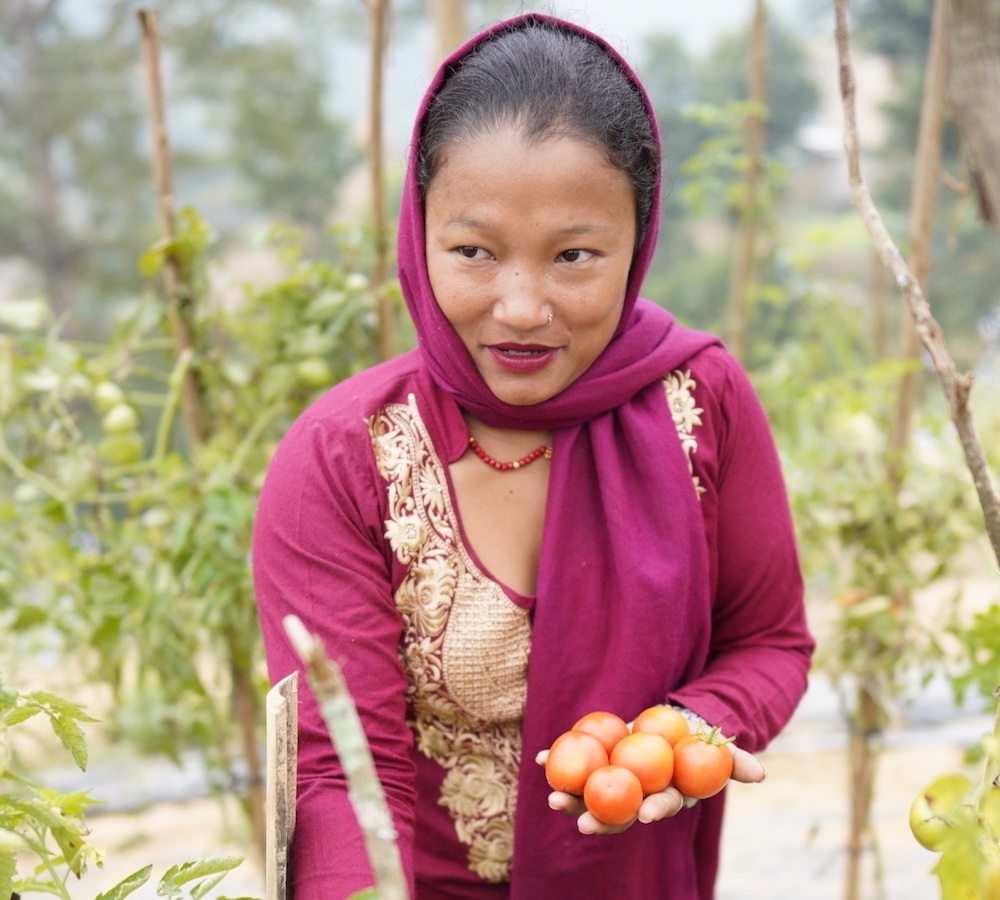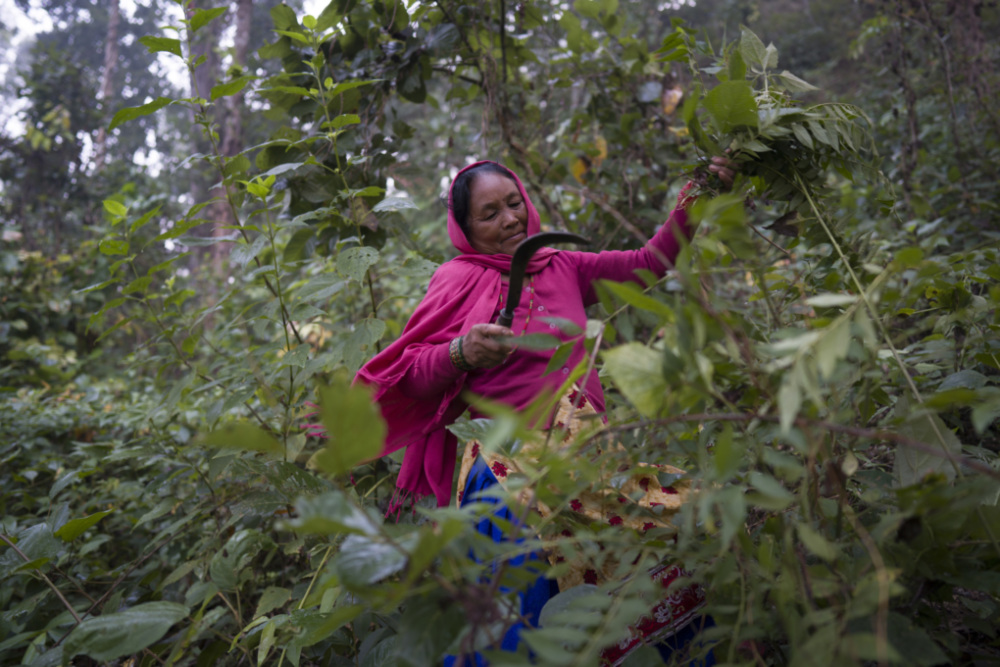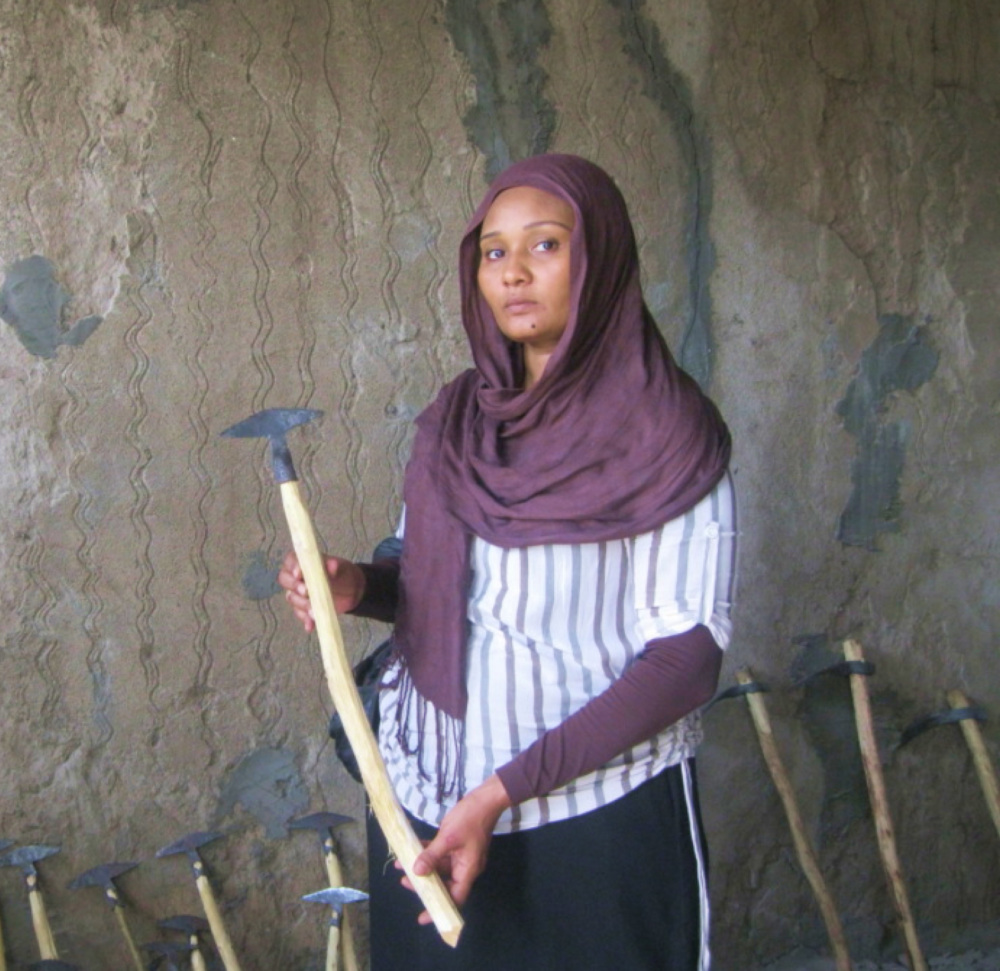ADVANCING CLIMATE JUSTICE
The climate crisis is a global threat, and those who already face discrimination, especially women and girls in poor communities of color, are hardest hit.

The climate crisis is a global threat, and those who already face discrimination, especially women and girls in poor communities of color, are hardest hit.
The climate crisis is driven by the same extractive economic systems that exploit and impoverish Black, Indigenous, and rural people worldwide. Though the threat is grave, it’s not too late to avert the worst impacts of climate breakdown through changes that can also create social justice.
We support Indigenous and rural women to protect their lands and waterways from corporate exploitation, to develop new, climate-smart livelihoods in their communities, and to develop sustainable agriculture.
We train our partners to build the skills they need to advocate for themselves and their communities in climate policy discussions.
We bring together women climate defenders from diverse communities to exchange ideas and strategies and build a movement for climate justice that centers women's rights and leadership.
The National Indigenous Women’s Forum ensures that Indigenous women are trained and resourced to adapt their farming techniques to preserve and promote Indigenous practices that protect the land from harmful chemicals.
VIEW MORE PARTNERSIndigenous and rural women are equipped with knowledge and resources to offer leadership and meet urgent needs in their communities
Indigenous and rural women have the skills and access to participate effectively in climate policy decisions at the local, national and international levels, and succeed in challenging dominant economic models of consumption and extraction
Leaders in public opinion, philanthropy, policymaking, and international advocacy increasingly recognize the value of women’s knowledge and expertise in climate change response
Local economies are rooted in sustainable practices that restore communities and ecosystems
YOUR SUPPORT IN ACTION
MADRE partnered with Zenab for Women in Development to organize women farmers in Sudan to exchange strategies amidst protracted drought. They founded their country's first women farmers union and have used their shared strength to push for access to resources and tools previously reserved for men.
SUPPORT OUR WORK
